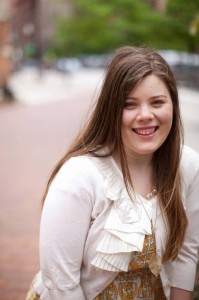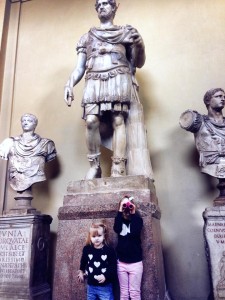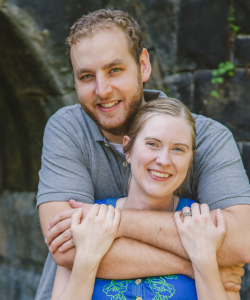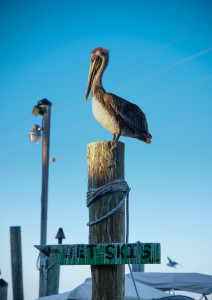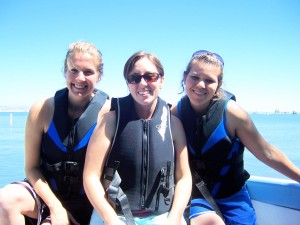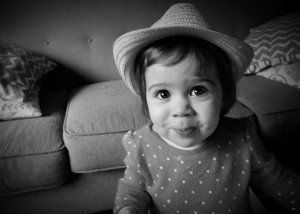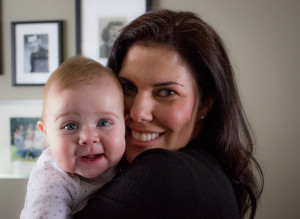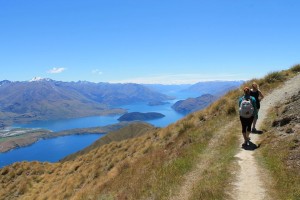I am in a new town, having finally made the first move of my life: 2,500 miles north to a place very different from what I’ve always called home.
On an old, oiled, well-marked wood floor, I practice a different style of yoga with a new teacher (although she has the same first name as my longtime teacher in the south). The studio is on the second story of a downtown office building that originally housed a hardware store. I position my mat in front of a window onto an alley, through which I can see a brick wall with beautiful patterns in it, a sky that is sometimes blue and cloud-filled, sometimes gray and spitting, and a church spire. Crows remark upon my practice from the opposite gutter.
Today I lie on my back with my legs above me, against the wall. Now the window is on my right. This is the asana (or pose) called Viparita Karani, upside-down seal or “the action of inverting.” It is supposed to help with stress, headaches, and cramped or tired legs or feet, among other things. Today I am not particularly stricken with any of these maladies; I am simply following my teacher. But I have been here before. I close my eyes.
Five years ago: I am lying in legs-up-the-wall pose on the same yoga mat on a different and much newer wood floor, of lighter-colored wood, also on the second story, but in a newer building on a wide, busy street in Houston, Texas. Two walls of the studio are floor-to-ceiling glass, and earlier in summer and later in winter I watch the sun rise from this room at least one morning a week, in angry rain or transcendent color or pale haze. This class is very full; we are all very close to our neighbors. I brush hands with the woman on my left, turn my head in her direction, and smile. We clasp hands. Kristi now lives in Australia, and has a new baby I have not met. I miss her every time I practice yoga.
Three years ago: I am lying on a bed in a mid-rate hotel in Alexandria, Minnesota, with my legs up the wall. I have removed the pillow so that I can get right up against the bedframe, still not as close to the wall as I’d like, but close enough. I am wearing compression socks up to my knees after having just raced 100 miles on hilly gravel roads on my bicycle. It is my first bike race since knee surgery and I’ve done better than expected: it was a scenic ride, with friendly people, and I am blissful, transcendent. Superlatively drained and equally ecstatic, I hum with happy exhaustion. My husband lies to the left of me, in the same position. Our shoulders are touching. Soon we will get up and break down our bikes and pack them in boxes for the flight home, then go out for more food and celebratory beers. I will take a picture of the process, of the bike boxes open on the hotel bed, and comment that we have done this in more cheap hotels across the country than I can easily count.
Today I am in a new place, and I am lonely. I put my legs up the wall.
* * * * *
 “The Act of Inverting” is by Julia Jenkins. Julia is a book reviewer, librarian, beer drinker, dog lover, mountain biker and native Texan now residing in Bellingham, Washington. She thinks a lot about concepts of place and home. Her favorite color is green.
“The Act of Inverting” is by Julia Jenkins. Julia is a book reviewer, librarian, beer drinker, dog lover, mountain biker and native Texan now residing in Bellingham, Washington. She thinks a lot about concepts of place and home. Her favorite color is green.
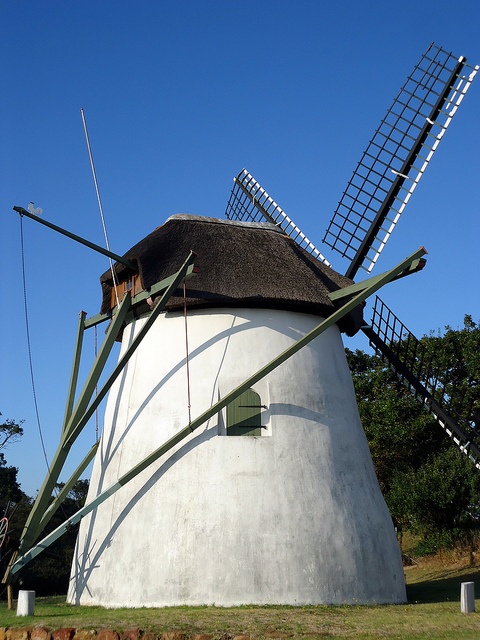
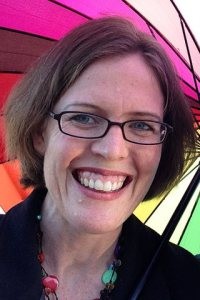
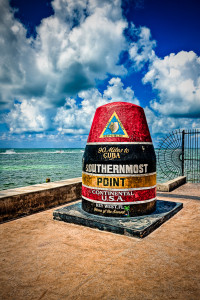

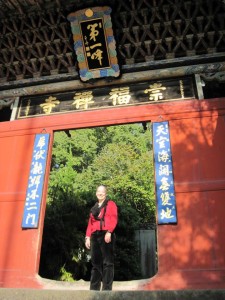
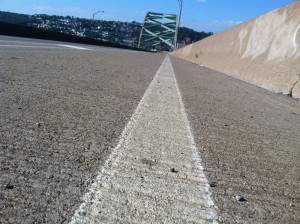
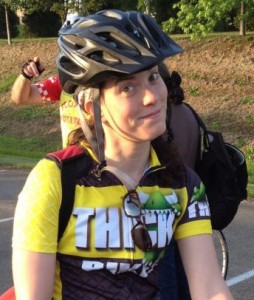
 nothing to lose. No job, no apartment, no relationship to leave behind. So when I was offered a teaching job in western Guatemala, I said “yes”. I imagined myself being free and independent, ready to take on the world. But when I found myself in a place where my primary dating requirement was “guy who speaks English”, the internet became my connection to the outside world.
nothing to lose. No job, no apartment, no relationship to leave behind. So when I was offered a teaching job in western Guatemala, I said “yes”. I imagined myself being free and independent, ready to take on the world. But when I found myself in a place where my primary dating requirement was “guy who speaks English”, the internet became my connection to the outside world.